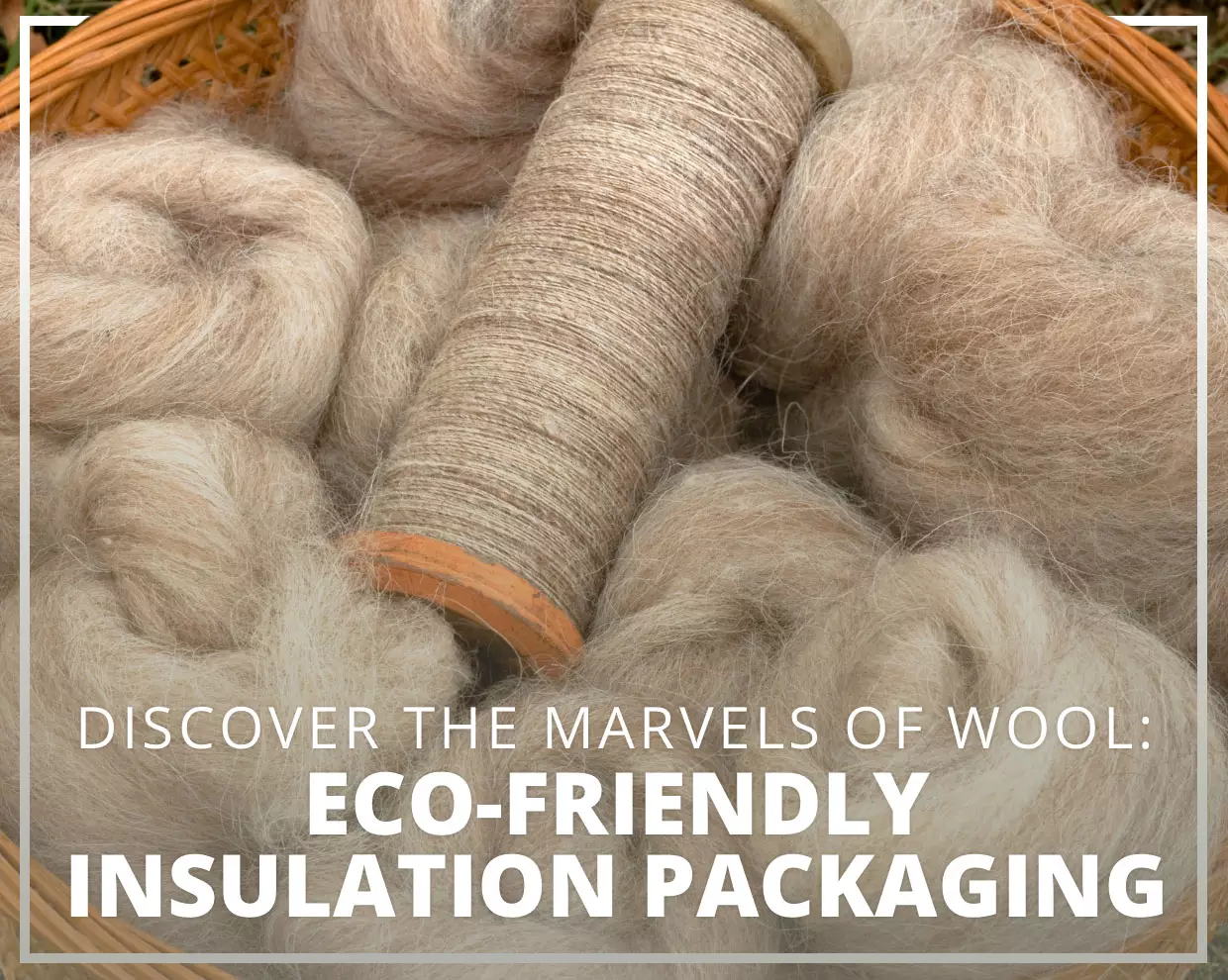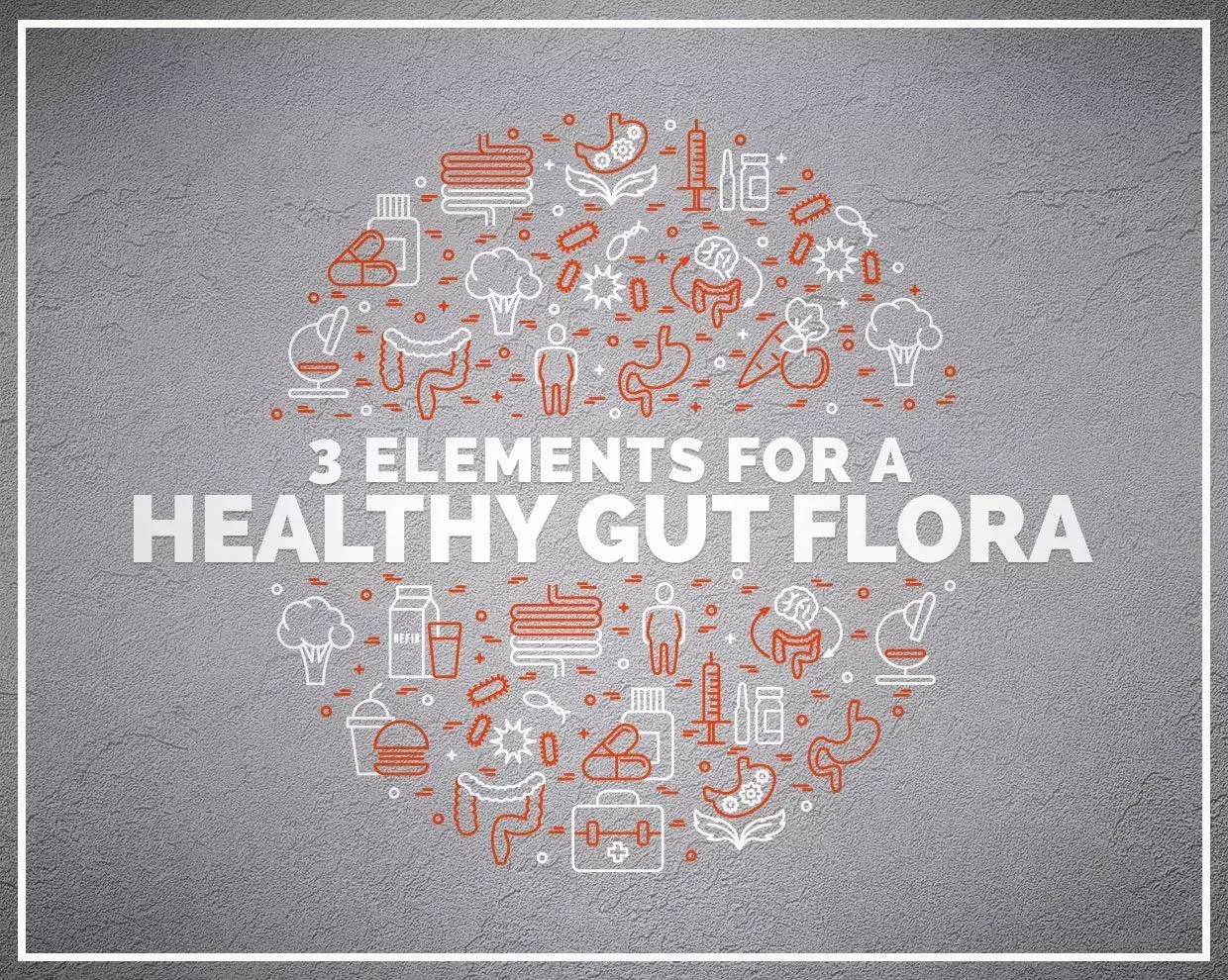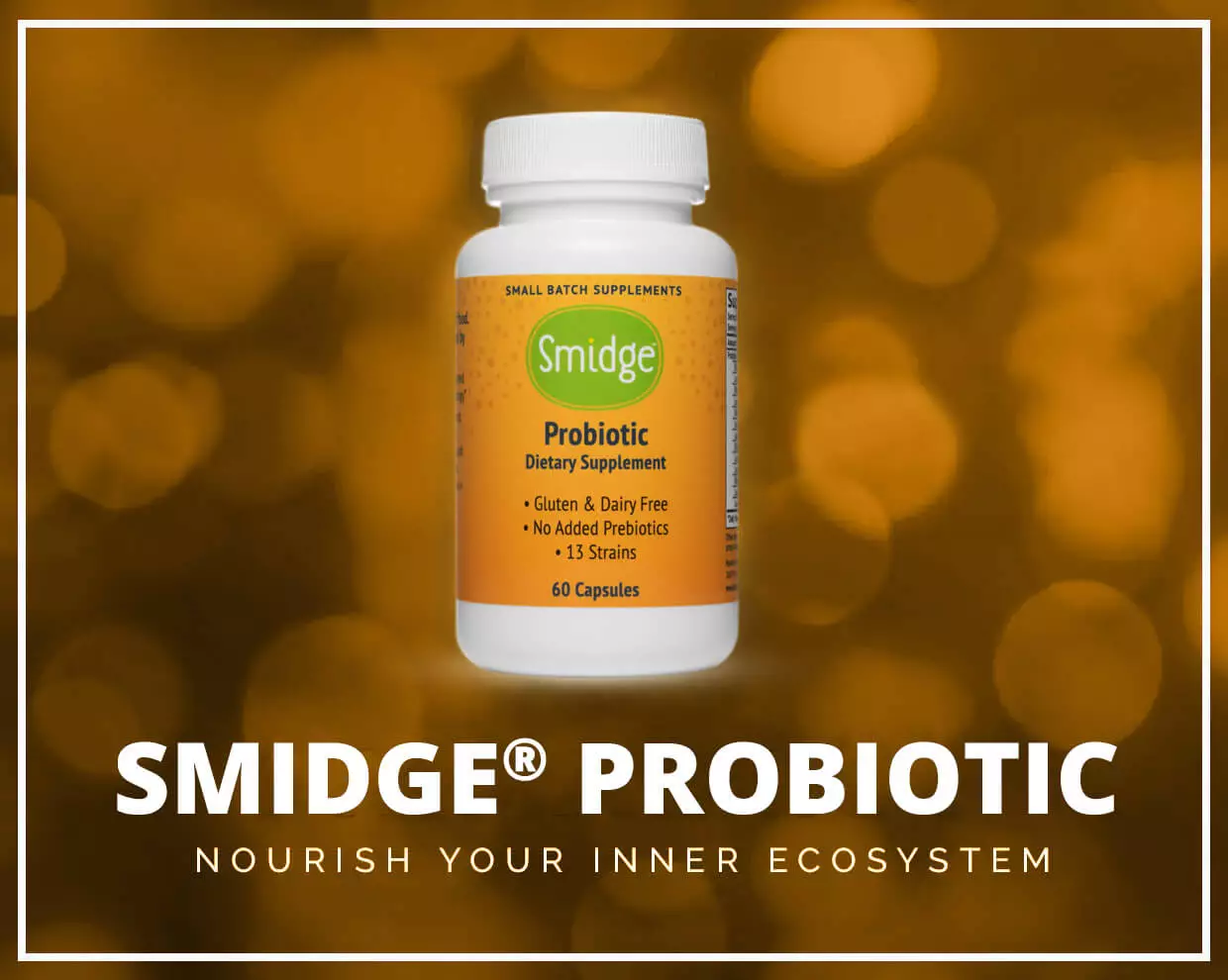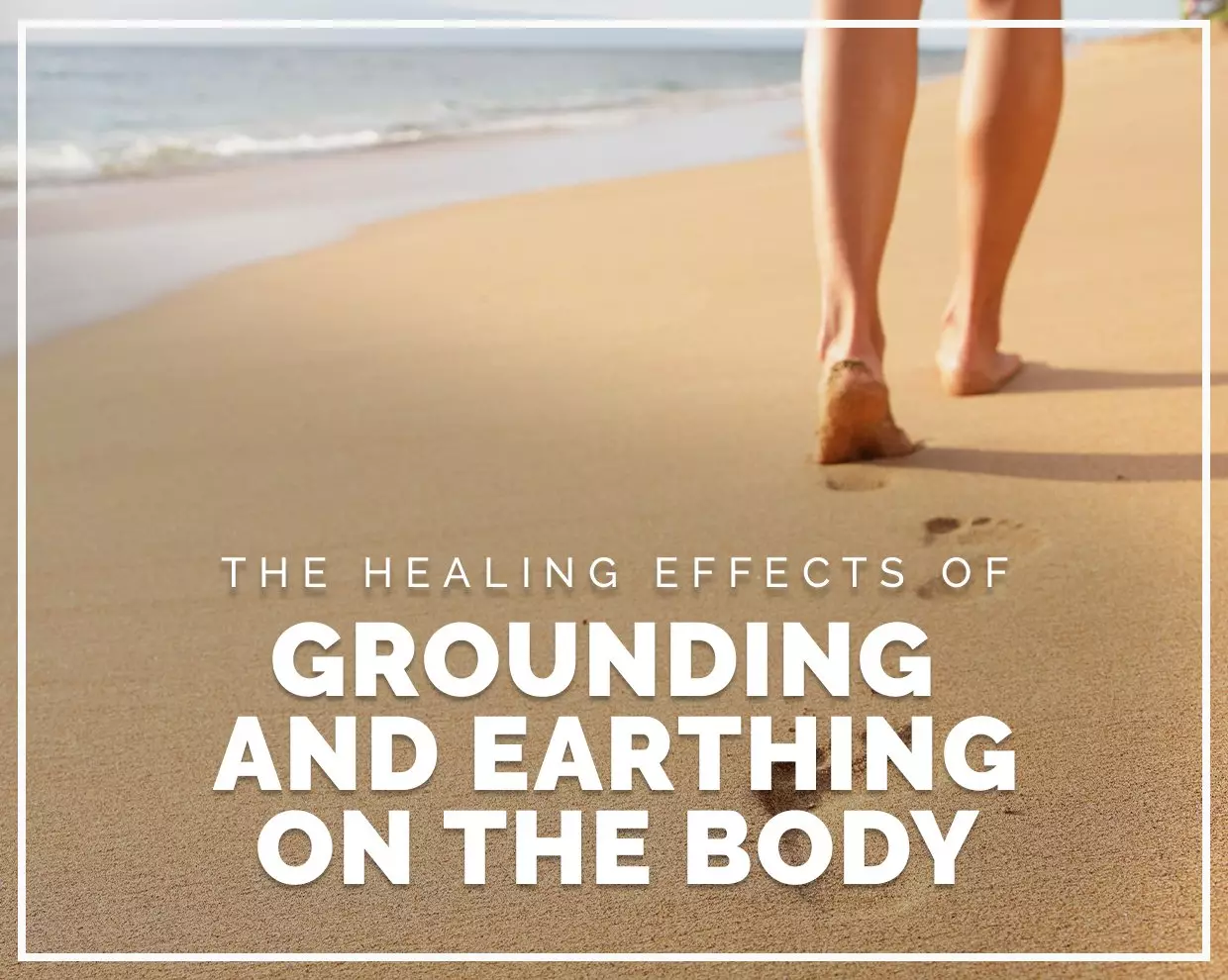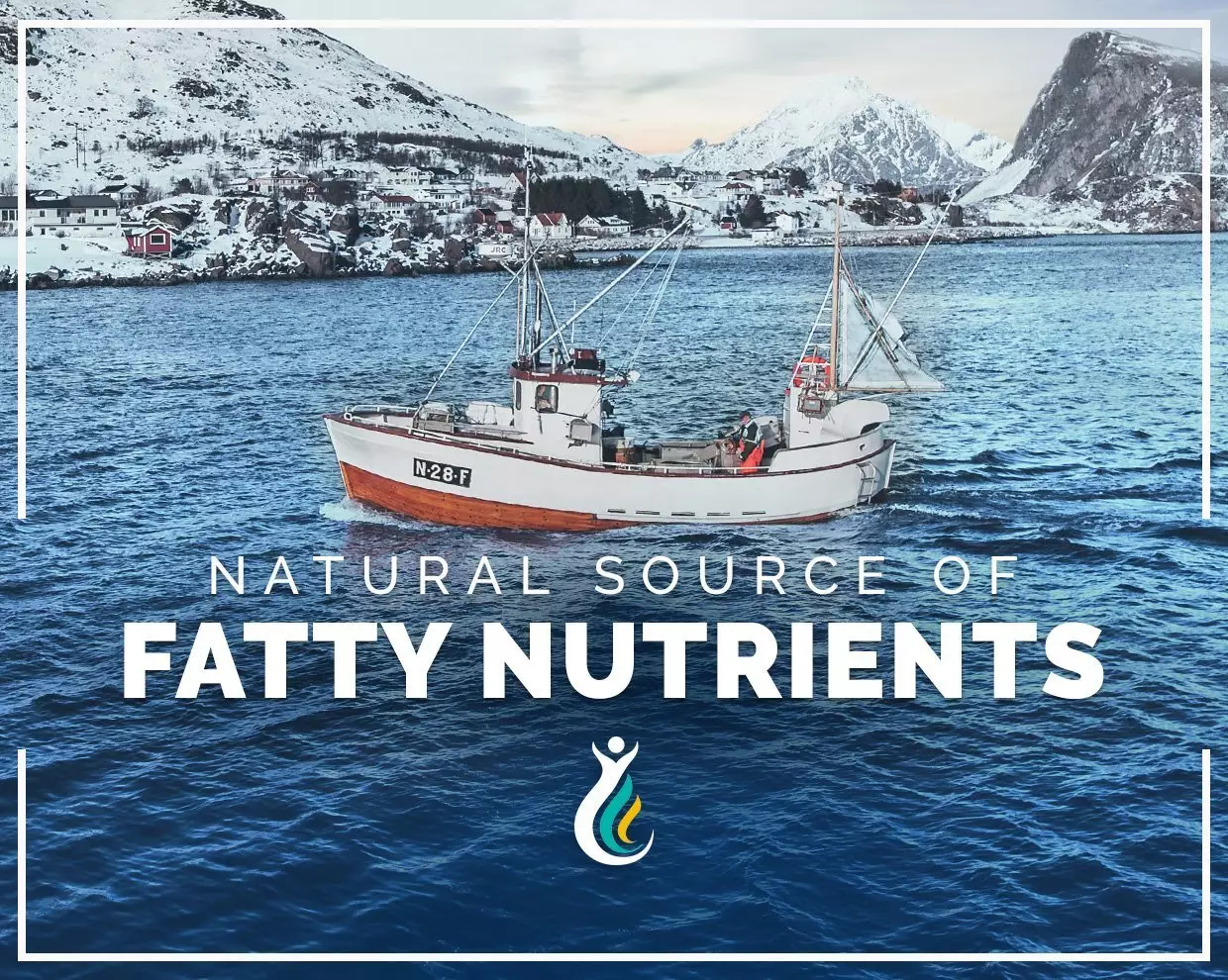Greetings to our dear Functional Self community! For those who are new here, a warm welcome! And for those of you who have been with us from the start, an even warmer welcome back - and it’s this warmth we’re exploring today. Who isn’t fascinated by the wondrous world of... thermal insulation packaging? Stay with us because the power of 100% pure wool and its remarkable properties may just surprise you.
The Wonders of Wool
So, what’s all the fuss about wool? To start with, wool is one of the most effective natural insulators on the planet. Let's delve a bit into the science behind this wonder fibre. It's been used for centuries to keep us snug during the long, cold winters and cool when the sun's at its highest.
Sheep's wool is a complex fibre formed of a protein core surrounded by scales. These scales form little pockets that are masterful at trapping air, providing fantastic thermal insulation.[1] What’s more, wool can absorb and release moisture—up to 35% of its own weight—without losing its thermal efficiency.[2]
The Insulating Wizardry of Wool Packaging
So how does this translate into thermal insulation packaging? Simply put, 100% pure wool is woven into a felt-like material and then encased in recyclable, biodegradable packaging materials to form an all-natural, eco-friendly insulator. This is perfect for keeping your favourite Functional Self products at the right temperature, no matter the weather.
And where does this ingenious wool insulation come from? It's supplied by Woolcool, our trusted partner in delivering this sustainable solution. From the UK to -Australia and New Zealand, Woolcool packaging ensures our products arrive at your doorstep in perfect condition.
Why is insulation so important, especially for our products? From vitamins to probiotics, keeping products within a certain temperature range is crucial to their efficacy and longevity. Without proper insulation, heat and cold can dramatically affect product quality. After all, no one wants to receive a package of heat-damaged goods or a product that's been frozen solid!
Wool Over Other Insulation
You may be thinking, ‘But aren't there other insulating materials out there?’ Yes, you're correct! But let us compare these to wool.
First, there’s expanded polystyrene (EPS), or what we often call ‘styrofoam’. While it’s true that EPS is a good insulator, it's not so friendly to the environment. The manufacturing process of EPS releases large quantities of CO2, and the material itself can take hundreds of years to degrade. [3]
Second, there are other natural insulating materials such as cellulose, cork, and hemp. While these are definitely more eco-friendly options, they don't quite match the insulation capabilities of wool. [4]
It's evident, then, that wool wins on both counts – it offers superior insulation and is a kinder choice for our environment.
The Environmental Impact
Speaking of being kinder to the environment, wool packaging has other green credentials we must highlight. 100% pure wool is completely renewable – every year, our fluffy friends produce a new fleece. Plus, at the end of its useful life, wool packaging can be composted, contributing to soil health. [5]
Furthermore, the use of wool in our packaging reduces the demand for petroleum-based insulating materials and therefore contributes to reducing carbon emissions. Now isn't that a feel-good fact?
A Shear Delight
Our commitment at Functional Self is to create a future where both you and the planet are healthier. It's not just about providing high-quality supplements; it's about delivering them in a way that respects the environment. We believe in the magic of wool and are proud to partner with Woolcool in delivering this commitment to you.
By now, we hope you’re feeling as warm and fuzzy about wool as we are. And what better way to celebrate this marvel of nature than by enjoying a treat from our Specials Page? Just visit our Deals and Steals page to discover our latest offerings.
Join us in embracing the wool revolution. Your future self, and the planet, will thank you!
References:
[1] Analysis of sheep wool-based composites for building insulation
[2] The science behind the wool industry. The importance and value of wool production from sheep
[3] Measuring pollution from the eps manufacturing process
[4] Improving indoor air quality by using sheep wool thermal insulation
[5] Biodegradable and compostable alternatives to conventional plastics

 AU Store
AU Store  UK Store
UK Store NZ Store
NZ Store EU Store
EU Store

